|
I recently read the book, Amazing Grace by Eric Metaxas which catalogues the remarkable life of William Wilberforce. I was inspired to write something about him and his life's work because he led an incredibly profound shift in human consciousness, and he led it with dignity and truly amazing grace. My writing here may read more like an essay than a blog post, but I wanted to capture this important history and relate it to the choices we make today. In 18th century England, a battle for the conscience of the nation was brewing. For 300 years, England along with most European countries had been deeply involved in the transatlantic slave trade. The triangular commercial sea journey began in West Africa where supplies such as copper, guns and ammunition were sold and traded to elite African kings and merchants in exchange for human slaves. On the second leg, the slaves were transported across the Atlantic Ocean, known as the Middle Passage, to the New World (North and South Americas and Caribbean islands). Brutal ship captains and reluctant-but-obedient seamen subjugated them to abhorrent, crowded and inhumane conditions during the 2-½ month sea journey. In the New World they were sold to merchants and then to plantation owners who exploited them for a lifetime of grueling hard labor. On the third leg, goods produced by slave labor such as cotton, sugar and tobacco were shipped to European nations like England, Spain, France, Portugal and the Netherlands and sold to the consuming public. British politicians and business owners propped this system up for centuries. During the 300-year transatlantic slave trade, it is estimated that over 12 million human beings were torn from their homes and sold into slavery with 1.4 million dying on the treacherous Middle Passage. That’s a staggering 40,000 people a year. Diagram of 'living conditions' on a slave transport ship. In the ship's hold, African slaves were shackled ankle to wrist with barely any opportunity to move. Europe and the Americas were not the only ones involved in a slave trade. Arab and Asian nations also had their own slave trade in central and West Africa and for much longer - at least 10 centuries - and there was a slave market within Africa itself. While it is nearly impossible to conceive of a commercial slave trade business existing in our world today, in the 18th century no one alive would have remembered a time when slavery didn’t exist. Human beings were treated like objects – not beings with personal interests – but it had been a way of life since Biblical times, and was so ingrained in the world’s cultural fabric that it seemed to be indelibly woven into humanity itself. The prevailing cultural view was ‘slaves are property and meant for us to use.’ Who would question it? We think quite differently now. Why is that? We think differently because we have evolved in our consciousness. We have evolved because visionaries existed who saw something that the culture which produced them could not see – that slavery itself was morally wrong and in serious opposition to any teachings of Love and value for Life. They had learned this from their Christian faith. In their view all attempts to justify slavery had no moral ground. In the midst of a culture that saw nothing was wrong, these visionaries focused their efforts on changing the culture. It takes heroic effort for a small band of people to commit their lives to persuading the rest of the world to awaken, see the truth, and act with love, respect and compassion. Their vision was freedom for all, not just for those who were like them. In spite of the seemingly colossal and immovable force holding up the institution of slavery, consciousness was on the cusp of shifting. William Wilberforce, an English politician and philanthropist, was the man who rose to the cause at this crucial moment in history to be the political leader of the movement to abolish the slave trade. From the young age of 21, he was an esteemed, independent member of Parliament, and was universally considered to be a brilliant orator. As a newly devout Christian, he believed his work to end the slave trade was a Divine calling. Wilberforce was joined by many like-minded souls who worked tirelessly for the abolition cause. After several years of gathering evidence and making preparatory motions, Wilberforce presented the first parliamentary bill to abolish the slave trade in 1791. In his heart he believed that once people understood the horrors of the slave trade they would do the right thing and abolish its practice. A painting depicting William Wilberforce making an impassioned speech in Parliament He was utterly wrong. The bill was easily defeated 163 votes to 88. A very long and grueling battle lay ahead. The abolitionists turned their attention to the general public – the people who consumed every day products made from slave labor like sugar, cotton and tobacco. They were participants after all. Using leaflets and town meetings, the abolitionists shared eyewitness accounts of how egregiously slaves were treated during their forced journey across the Atlantic and during their lives as forced laborers the plantations. Their hope was to persuade the public to support the cause of freedom. Campaign logo made by Josiah Wedgewood and used widely by the Society for Effecting the Abolition of the Slave Trade As with most causes, there were some people who heard the truth and were moved to sign petitions and change their lifestyles, withdrawing any semblance of their participation in the slave trade business. Some became activists. But there were many others who heard it all and remained bystanders. And there were many more who simply could not or did not allow themselves to hear. The spectrum of society at this pivotal time in history (as at any time when new consciousness is emerging) included proverbial heroes, villains and bystanders.
These are the basic roles that people take in life, especially when confronted with a cause, a risk or an unconventional idea. If you lived during this time, what role do you think you would have played? Who do you admire? Who do you admonish? Copyright: 123rf krasimiranevenova' It would take another 16 years before political winds would shift in favor of abolition. Parliamentary bills to abolish England’s participation in the Atlantic slave trade were presented over and over by Wilberforce during this period until it finally passed in the House of Commons in 1807 with 283 votes to 16. Consciousness had shifted. By 1807 there were enough people on the planet capable of seeing the immorality of oppressing another human. Their understanding tipped the scales of history. Over the next several years, most European nations followed suit and abolished their participation in the transatlantic slave trade. It was a huge victory for humanity and freedom, but it was just the beginning. Unfortunately freedom manifests slowly. The abolition of the practice of slavery itself took another half century in the western world and considerably longer in the Islamic world (with the last Muslim nation making slavery illegal in 1981). The slaves who had been ‘freed’ in America were exploited and denied rights for decades. Their arduous fight for civil rights and desegregation still lay ahead. Memphis sanitation worker march led by Dr. Martin Luther King on March 28, 1968. There is always another mountain to climb and another circle to widen. Some 300 years later, another shift in consciousness is now on the cusp of emerging. But the line between who is included and who is not included, what is acceptable and what is not acceptable, is drawn in a different place. And almost no one can see it. Thank God we no longer capture, transport, objectify and enslave 40,000 human beings every year and use and abuse their bodies for the personal and collective desires of any group of people. Female dairy cows are artificially inseminated so they will get pregnant , give birth, and keep producing milk for human (not their baby's) consumption. This is commonly referred to as the "rape rack." Pigs naturally select their companions and play and root in the ground. These are their conditions in crate-free factory farms. Egg laying hens are forced to live in extremely cramped conditions, producing eggs for human consumption until they are physically spent. They are then sent to slaughter at a young age. Fish are naturally designed to navigate vast oceans. The conditions of modern fish farms are enormously stressful causing death and insanity. Well, some of us would, and some of us do. There are visionaries among us who can see something that the culture which produced us cannot see. We see the use of sentient animals for our personal wants to simply be cruel, blatantly violent and in serious opposition to what we have learned about practicing Love and valuing Life. Among us are heroes who work tirelessly undercover to expose to the world the horrendous and inhumane practices that innocent animals are forced to endure. Some of us speak about it with our friends and family, attempting to awaken them to the plight of animals on the planet. Some of us rally, write our representatives and petition governments and corporations. Some of us run sanctuaries so that animals rescued from the animal-using business can live out their lives in peace and harmony. Some of us educate and support people as they move to a plant-based lifestyle. Snapshot from a Mercy for Animals undercover investigative video One of many advocacy campaigns to raise awareness Animal advocate Anita Kranjc is facing up to six months in jail and up to $5,000 in fines for mercifully giving water to the pigs inside a transportation truck on their way to slaughter. Everything that we do, we do in the face of resistance, blank stares, ridicule, condemnation and/or marginalization by the vast majority, including those who consider themselves champions of oppression in other areas. Like Wilberforce and his band of visionaries, we do this in hopes of eventually winning the battle for the conscience of the masses and dramatically changing the course of history toward freedom for all. Protestors against North Carolina Ag Gag bill that criminalizes the taking of photographs in animal agriculture facilities. If everything was okay, why would it be a crime to take a photo? On the other side there are the Big Ag corporations, factory farm owners/operators, slaughterhouses, transporters, merchants, grocery corporations, cosmetic corporations, household product corporations, entertainment corporations, clothing corporations, furriers and restaurants, who capitalize on and benefit from the animal-using business. There are politicians and lobbyists who vehemently fight against any legislation that would promote alternatives or provide better welfare and transparency. There are cultural and religious institutions with beliefs that condone humankind’s exploitation of animals. And there are hundreds of millions of indifferent bystanders and conscious or unconscious consumers who simply don't see anything wrong or don't want to think about it.. In spite of the seemingly colossal and immovable force holding up the institution of animal exploitation, consciousness is on the cusp of shifting. It will take time, but freedom will come for all. The question is, what role will you play? Hero, villain or bystander? May the WilberForce be with us. © carol saunders 2017 Notes from the author:
In addition to the abolition of the slave trade, William Wilberforce championed many causes including the creation of a colony of freed slaves in Sierra Leone and the Society for the Prevention of Cruelty to Animals. Throughout his career, he was brilliant in his oratory arguments and unlike most of today’s political leaders he always refrained from making people on the opposing side wrong. This was perhaps his most extraordinary quality. He was vocal about his faith and believed he was doing God’s work in seeking freedom for all, even though religious enthusiasm was considered a social transgression during his lifetime. To any social justice warrior who seeks to free the innocent, I recommend learning about this man. Furthermore, for those who might be offended by any inferred comparison of human slavery to the human use of animals in this post, I offer this. I am not equating the human being used as a slave with the animal used for food, clothing or experimentation. What I do equate is the fact that they are both sentient – both have personal interests and both want to live, be free and avoid suffering. Objectification and exploitation of sentient beings in any way is the darkest side of humanity. How we treat any being is a reflection of who we are as individuals and as a species. It is shocking to learn that ownership of human slaves is still going on today in places such as Mauritania, despite it being against the law. Unfortunately most of us have no control over such egregious practices in faraway countries. But we do have control over our own behaviors in our everyday lives. When we embrace Universal Love and Kindness, we will cease using the body of anyone for our own personal wants. I apply the spiritual laws “thou shalt not kill” and “love one another” universally. One last thing, if you still find your thoughts dominated by the notion that there are more important human issues to face, please read this blog. If you are so moved here is a comprehensive resource to support your transition to a plant-based diet,: http://7dayvegan.com/guide/ To learn more about the sentience and individual nature of animals (some one, not something): https://www.farmsanctuary.org/learn/the-someone-project/
0 Comments
I remember my childhood vividly. I grew up in northern California and had the good fortune of being able to play outside nearly every day. My childhood took place back the 60’s, way before parents were concerned about their kids being gone all day playing. So that’s what we did. We played in the hills and creeks and rode bikes everywhere…all day. How far back can you remember? As young children, we were so vulnerable. We were all born into a world that we knew nothing about. Our lives were a constant experiment, with our carefree natures often being shut down, reframed or fit into a world that already existed. That's the nature of socialization. When things happened that hurt our hearts or didn’t make sense, we would hear someone bigger, older or wiser tell us things like: “The world is a tough place,” “You have to be strong,” “Life is hard,” “That’s the way it's always been,” or “That’s just what we do.” Can you remember having innocent thoughts and feelings – thoughts untainted by someone else’s view or perspective? Can you remember that first feeling of loss when your own thought or feeling was in contradiction with that of a group or the adults in charge? I remember as a young child barely being able to breathe when I found out that our next-door neighbors (parents) were shooting blue jays with BB guns from their back porch. I couldn’t fathom why they would do such a thing. It seemed so deliberately hurtful. What could those birds have possibly done to them? I felt deeply distressed and looked for ways to stand up to the big grownups. Needless to say, I failed. Despite my best small child efforts (which were actually pretty substantial for a kid and possibly a topic for another blog) there was an adult explanation: the blue jays were eating the robins’ eggs and the robins were a preferred species. I was heartbroken. But the case was closed. What power did I have against adult reasoning...or preferences? Pretty much everything we have learned about life came from the adults in our world. We looked up to them. Or we were afraid of them. Either way, they taught us how to live - the good, the bad, the beautiful and the ugly. © Jasmin Merdan 123rf.com When my first daughter was just two or three years old, I’ll never forget witnessing one of those indoctrinating moments. Sitting in her high chair, her grandmother placed a plate in front of her and said, “Here’s your fish, honey.” My young daughter immediately looked behind her where an aquarium stood - the aquarium that she loved to watch as she pointed and named the fish. The mental connection going on in her brain was transparent on her face. If there is such a thing as toddler confusion, that's what it was. To her young mind, she could see that there were “fish” swimming in the fish tank. She always loved watching those fish. Now “fish” was being introduced to her as something she was supposed to eat. How does that compute to a young and fragile mind? None of us come into the world as violent beings. We are wide-eyed and eager to take in all of life. As children we reach for life. We want to touch it and feel it and get close to it. Killing in any form is not natural for a child. So never in a million years would my young daughter have reached into the fish tank and grabbed a living fish to satisfy her hunger. Nor would she have taken a knife to the throat of a pig or chicken or cow. The adult world had established this for her. We eat animals, period. We always have. It’s what we do. We kill for our food or pay someone to do it for us. She had no real choice in the matter. None of us did really. Most of us had no clue that what we were eating was once a live animal who was killed against his or her will - the same kinds of animals we loved in storybooks. When we did learn this, it had already become an established pattern in our own lives. Over time we hardened ourselves and simply accepted the violence of life. And we lost our innocence. Going forward, the easy path is to just keep doing what we’ve always done - accept the way of living that we were indoctrinated into. Don’t dig deeper. Don’t rock the boat. Don’t question. Don’t think too much. By all means don’t look back. Rationalize and defend. Marginalize those who think or act differently. Buy into all of it and pass it on to the next generation telling them, “That’s just what we do.” When we accept “that’s just what we do” we accept human nature to be what it is, not what it could be. To be what it could be, we would have to take the much more difficult path of the spiritual journeyer and reclaim the parts of us that we lost along the way. Deep inside us - maybe deeper than we can fathom - there is a piece of our innocence that was chipped away, but not destroyed. It is held in the heart of our inner child, who generally prefers to be in hiding and may even be afraid of being remembered. The inner child knows it is not safe to be so vulnerable. The outer world seems much too harsh to survive out in the open. So she (or he) stays in the dark. There may be momentary glimpses of her, when a flicker of light betrays her clever hiding spot in the form of a distant and vague memory or fleeting feeling. But the child remains hidden, safely in the depth of the soul. Discovering and integrating our inner child into active adult living is a key to transforming human nature and consequently our world. When we bring our innocence to the light - truly love it, accept it and integrate it into our entire being - we will become much more whole. We will love ourselves more. We will be less serious and judgmental, and more open and kind. We will reignite our wonder for life and once again want to reach for it, touch it, feel it and bring it closer to us. We will choose ways to live without hurting and killing This is what Jesus spoke of when he said: “Truly I tell you, unless you change and become like little children, you will never enter the kingdom of heaven.” (Matthew 18:3) The kingdom of heaven is not some faraway place where we go after we die. It is a place in consciousness where Peace, Love and Harmony are fully expressed and Oneness is truly experienced. It can only be fully entered into with the innocence of our inner child because without it, we are less than whole. This is deeply important spiritual work – to question our inherited beliefs and reclaim our innocence. It is also an ongoing process. Thankfully there are some enlightened children on the planet right now who, at a very young age, are standing up to patterns/habits handed to them by their parents which run counter to their hearts (see their videos below). But for the rest of us, until we engage in that same process of questioning and do the work to reclaim our innocent natures, we will continue to cause needless suffering for hundreds of billions of our fellow beings on the planet and not realize genuine Peace within us or in the world. I am not a psychologist, but I am happy to support anyone who is interested in doing this important spiritual work. And I bless your journey to authentic integration. “The wolf and the lamb will live together… and a little child will lead them.” Isaiah 11:6 © carol saunders 2017 Please watch these sweet souls and let them inspire you..There are other videos of similarly hearted children which are far more heart-wrenching. I am choosing not to display them here. |
AuthorRev. Carol Saunders I am an ordained Unity and Interfaith minister, speaker, writer and lover of all life. In 2010 I founded a spiritual community in Deerfield, IL, a suburb of Chicago, and led it through mid-2021. In my current ministry I host a podcast called The Spiritual Forum and an annual Whole Planet Spirituality Retreat at Unity Village, Mo. Being a voice for the animals and a light for the spiritually-inclined who are willing to seriously examine the self and begin to awaken, are what Spirit has called me to be. I am here to support anyone who wants to move toward living in closer alignment with their deeply held spiritual values - i.e. sovereignty, freedom, love, peace and kindness. We have the power to change our world by changing ourselves. A first step is identifying and releasing all the cultural conditioning that normalizes cruelty and violence. Be Love. Be Peace. Be Kind. Today.
Join our mailing list!
Categories
All
|
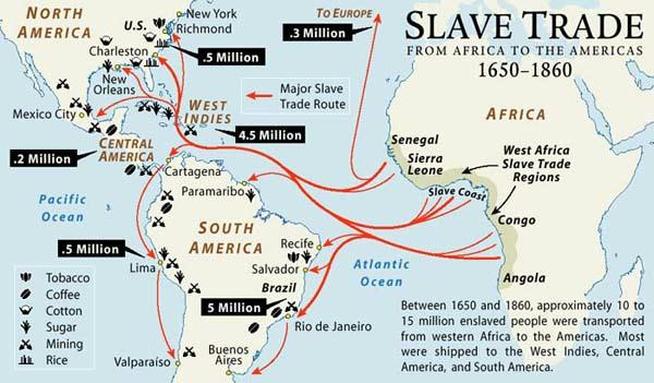

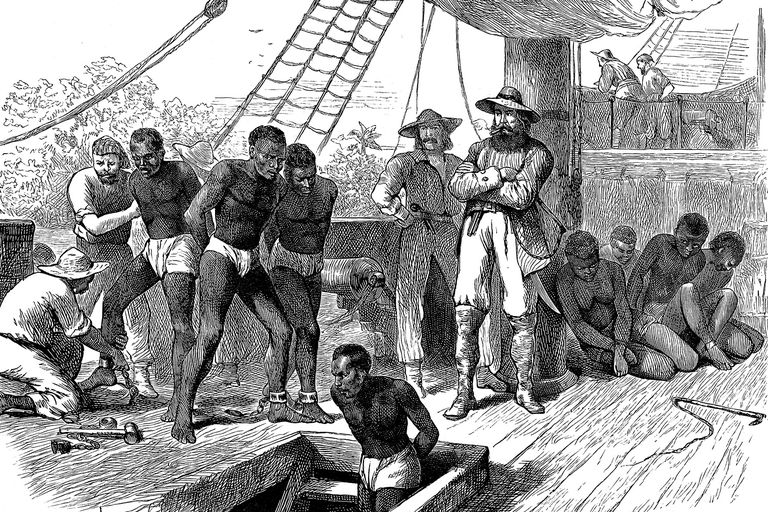
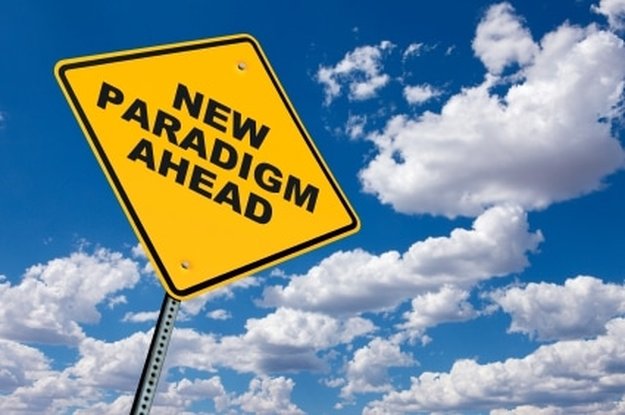

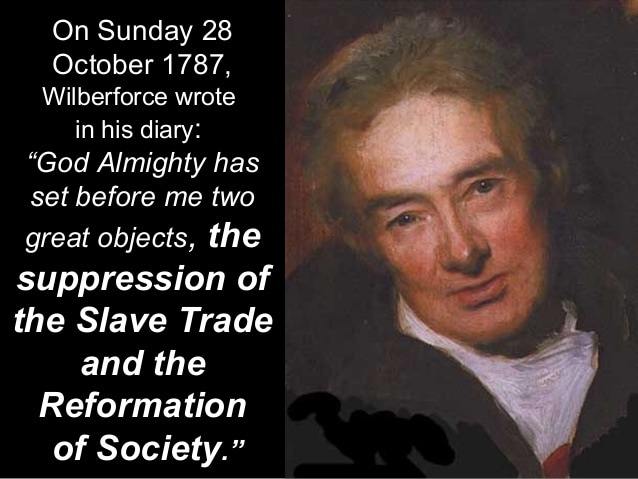
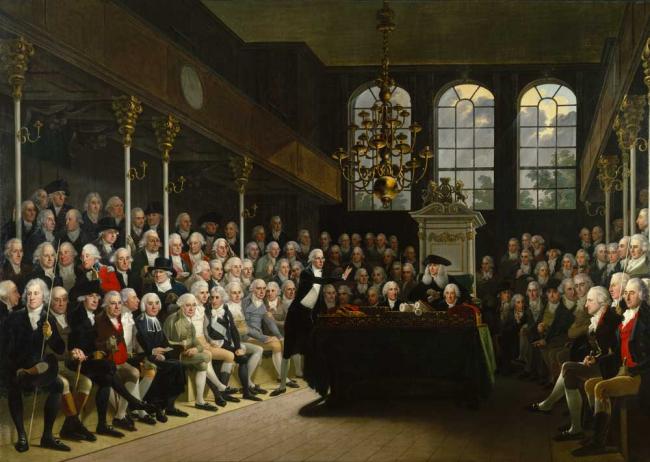
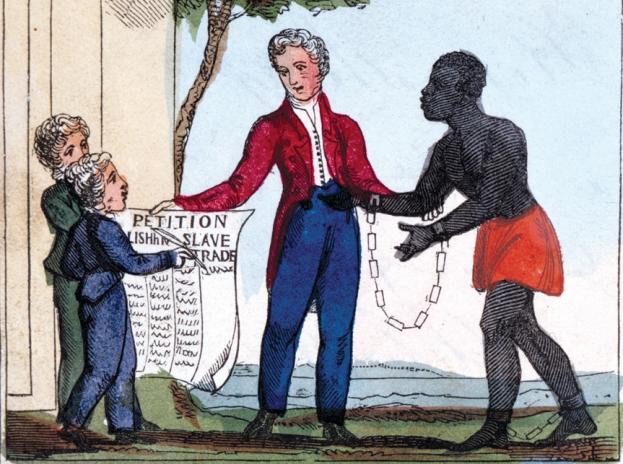
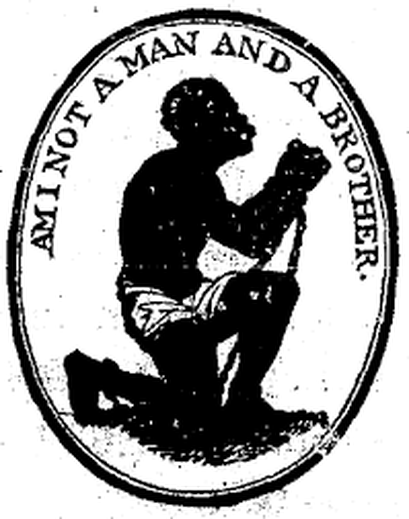
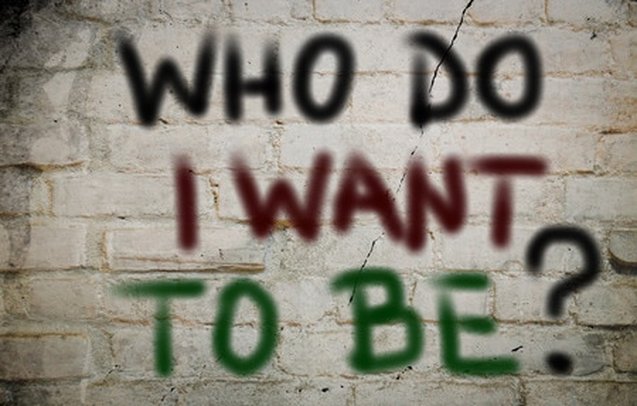
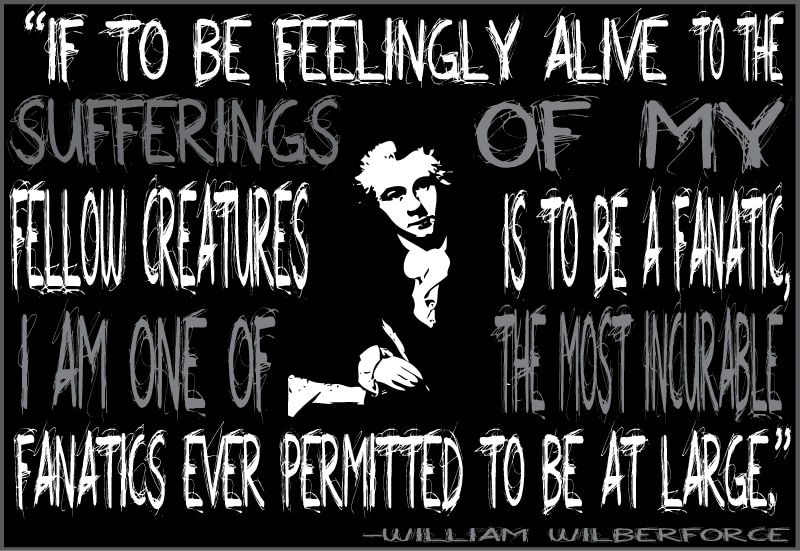
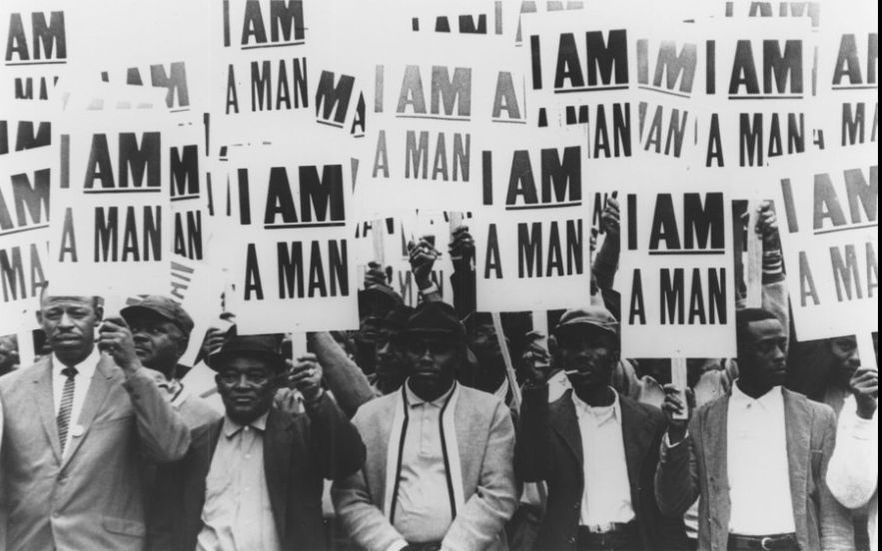
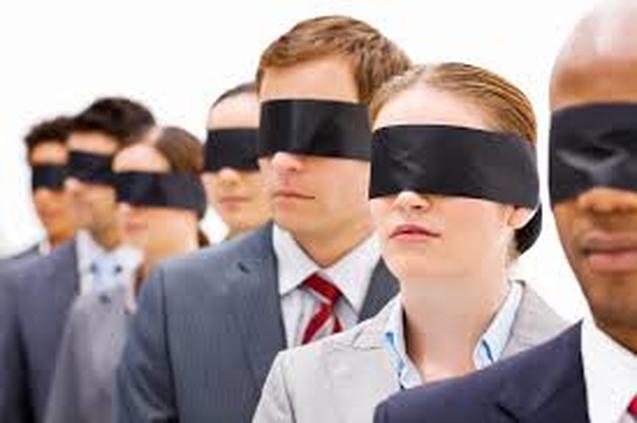
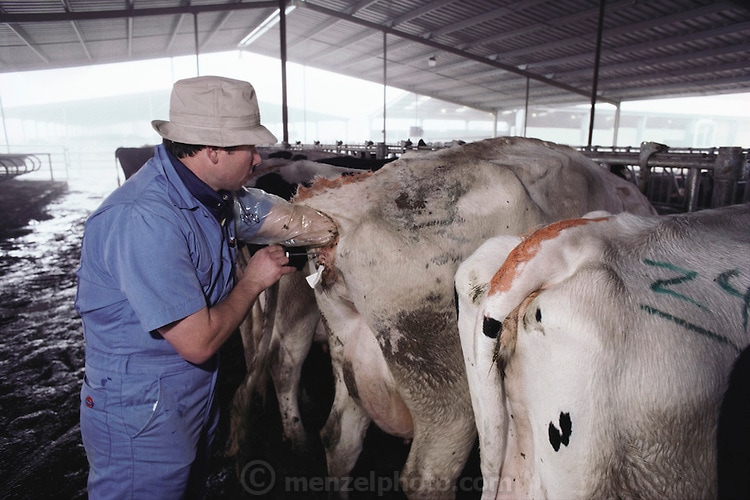
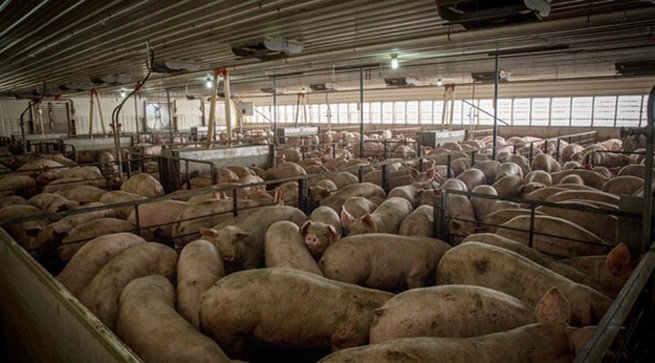
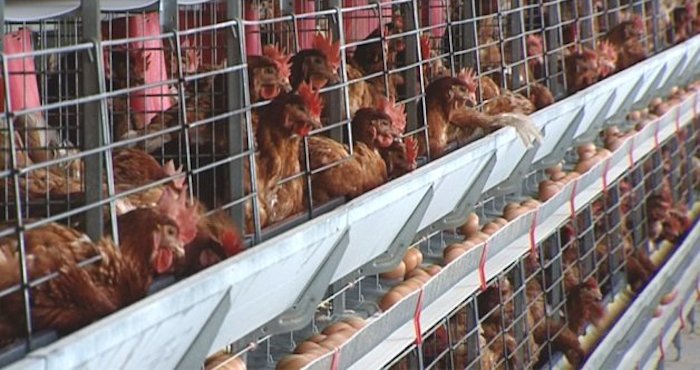
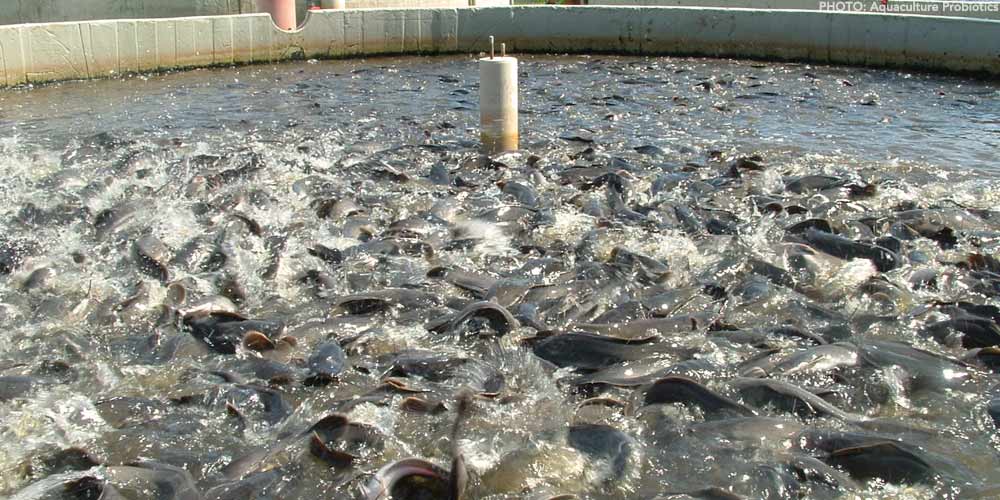
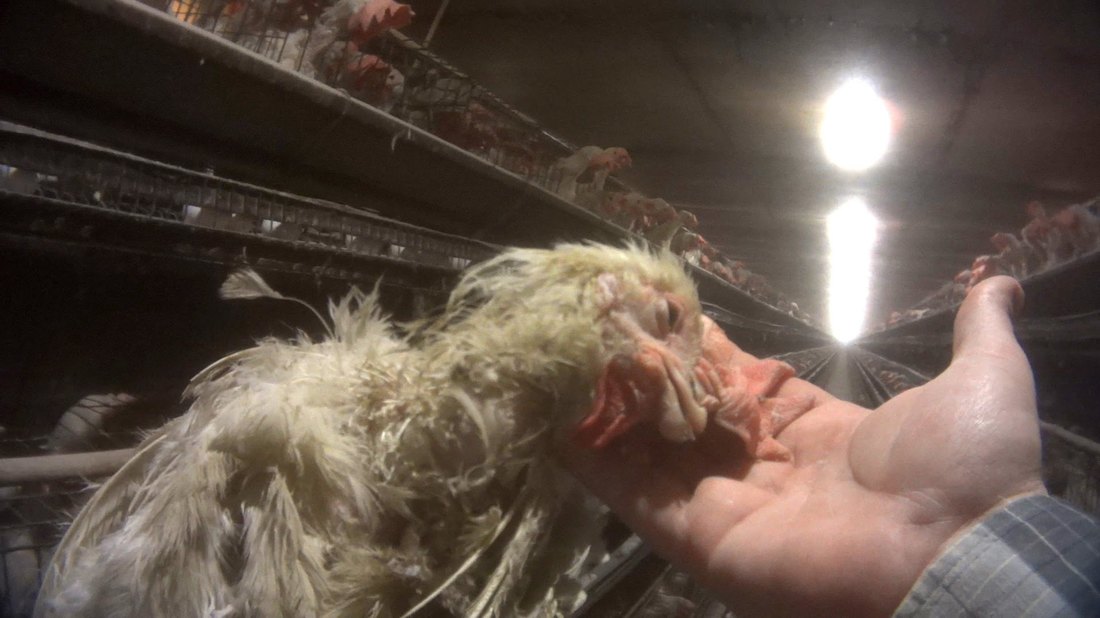
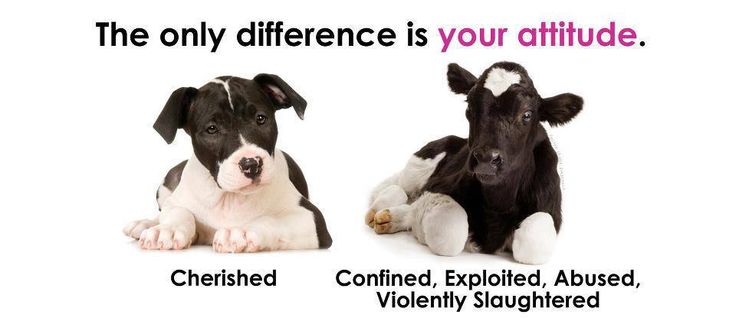
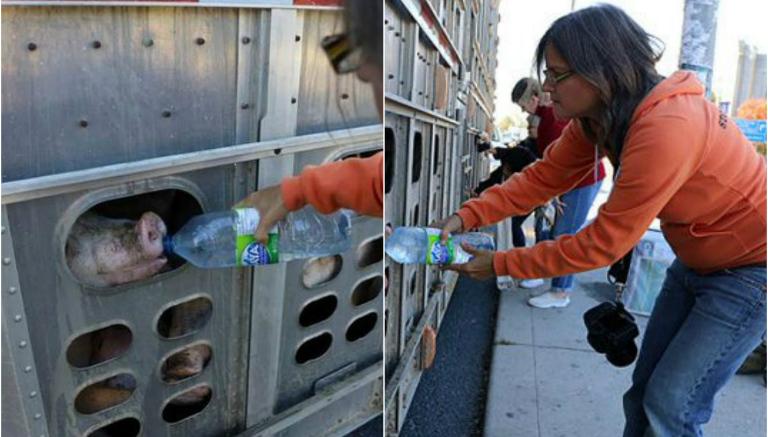
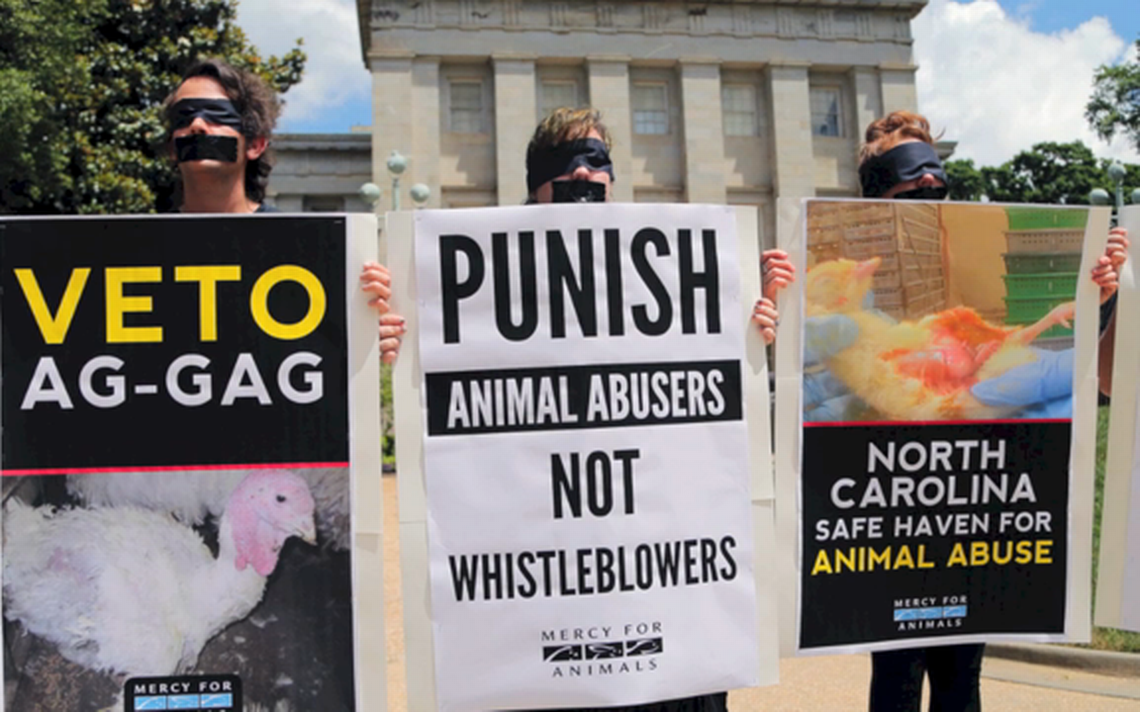

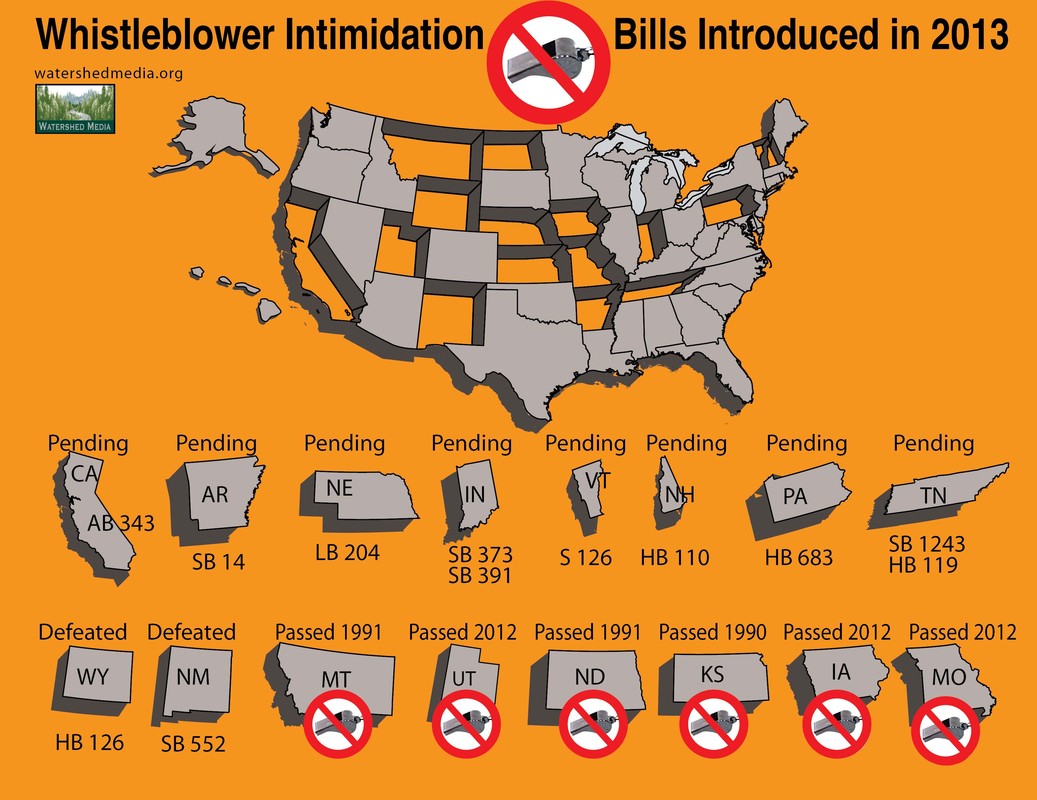
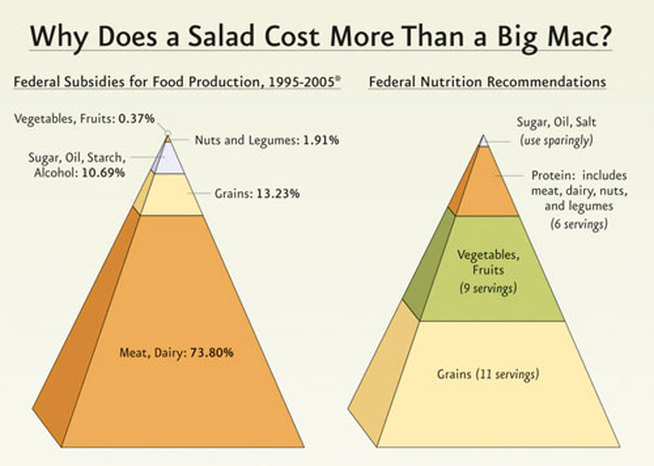
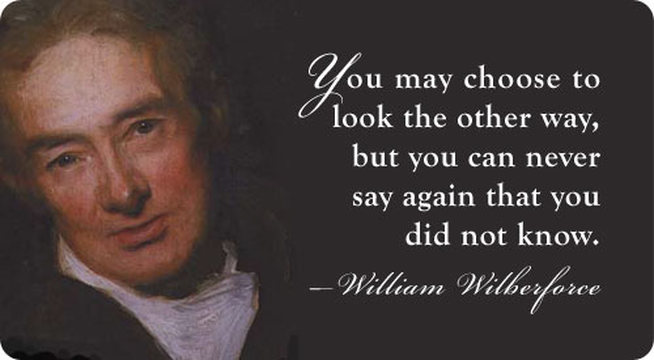


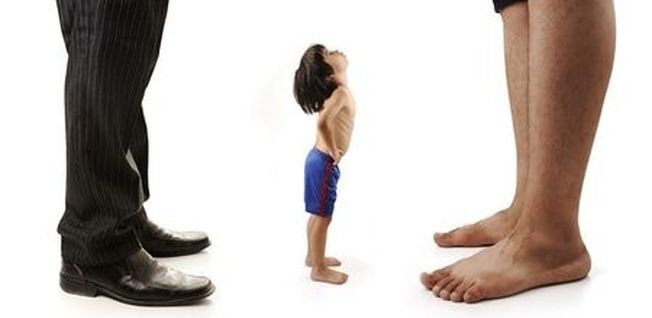
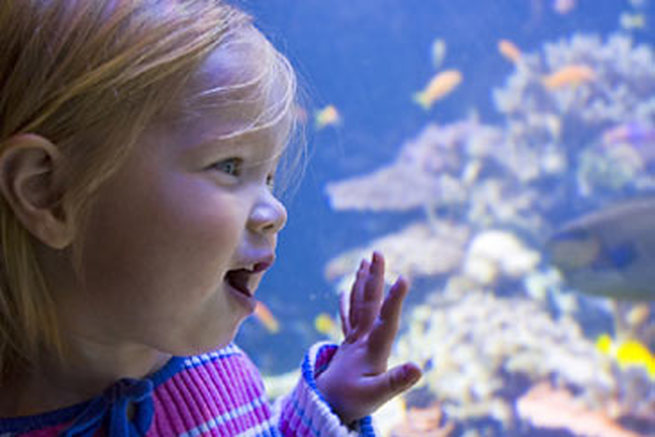
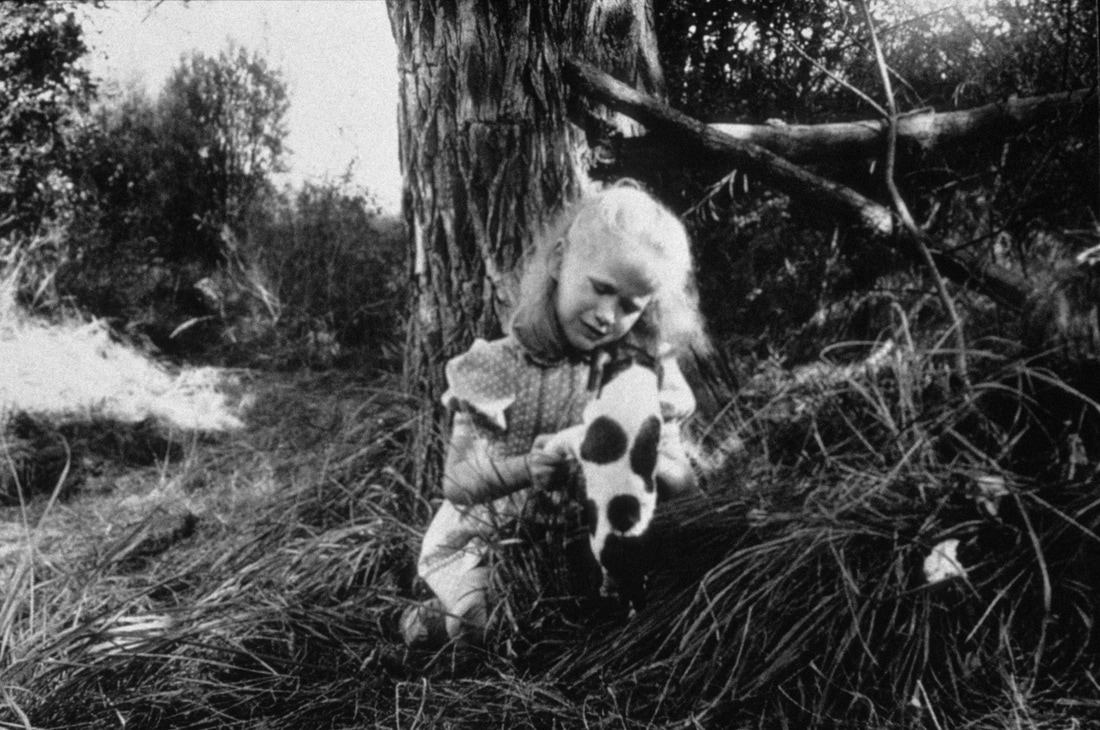
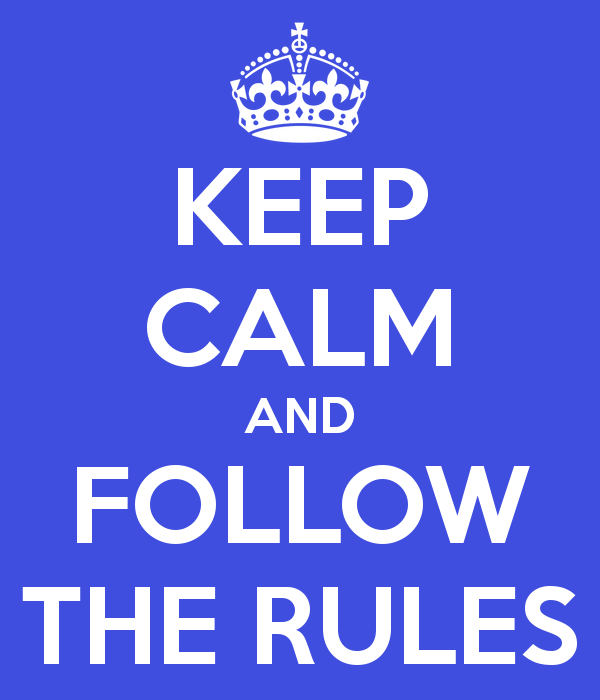
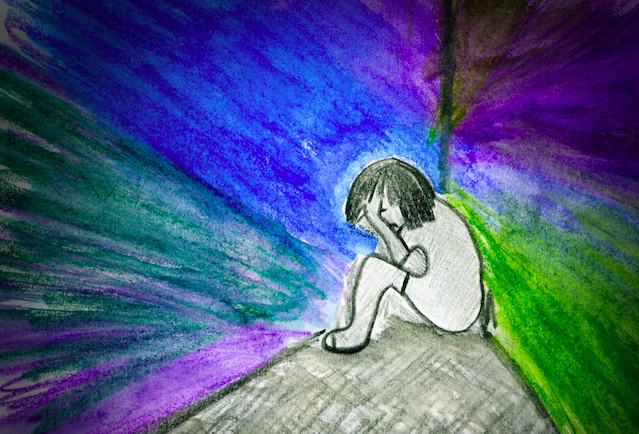
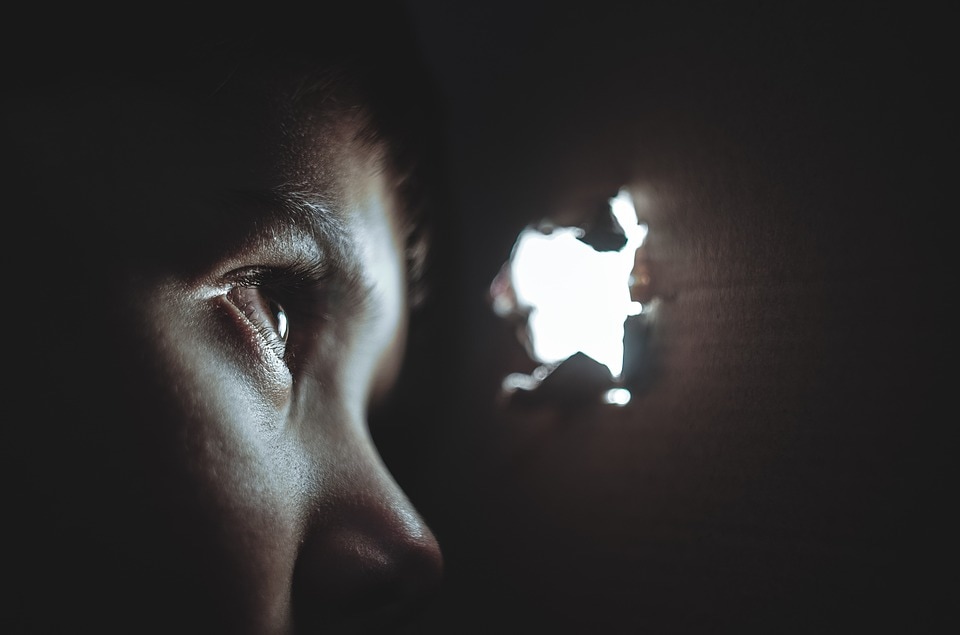
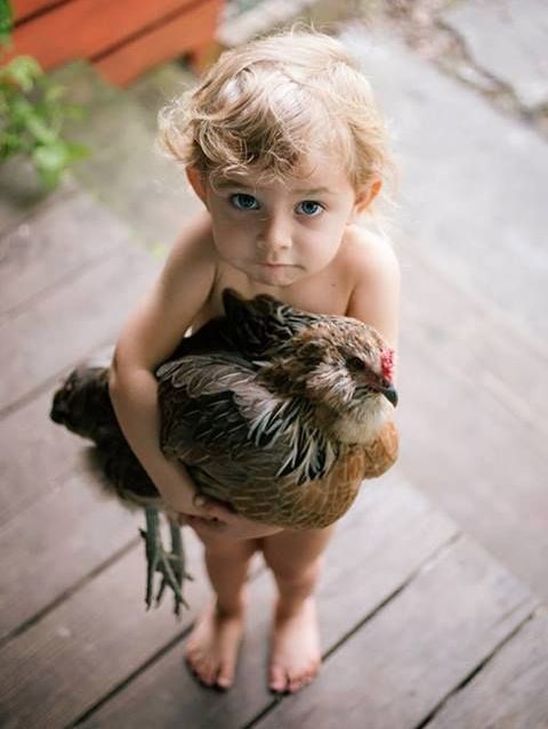
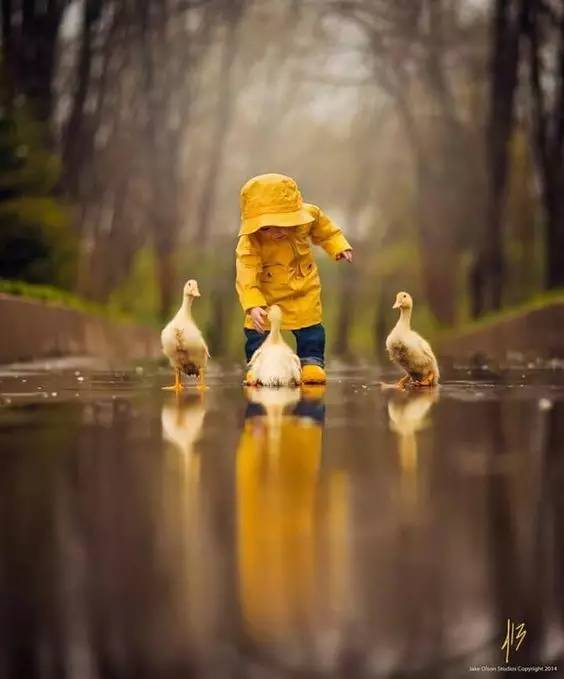
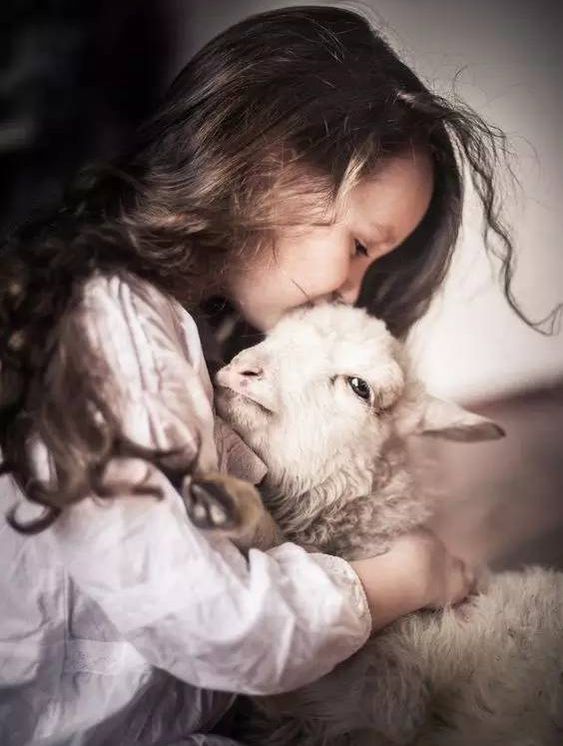

 RSS Feed
RSS Feed